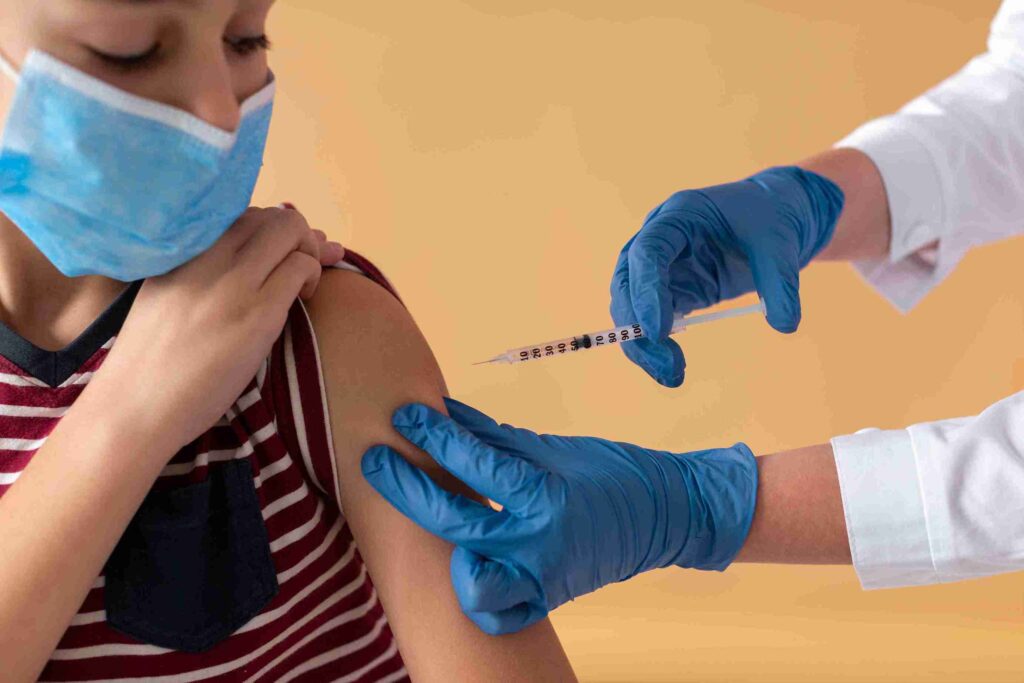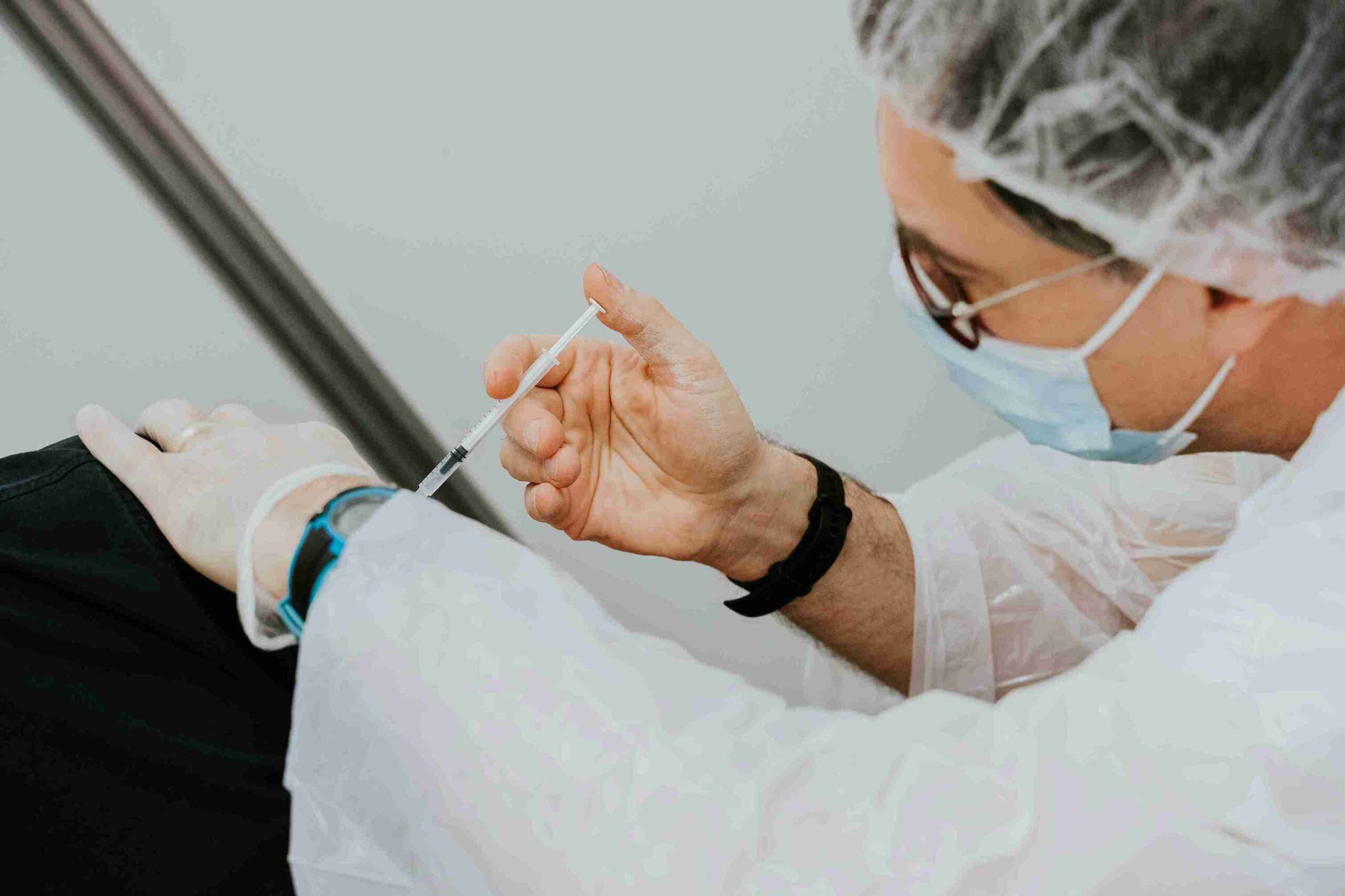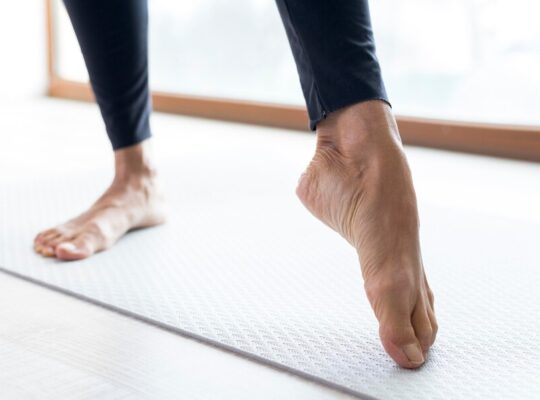What is Typhoid Fever?
Typhoid is caused by the bacteria Salmonella typhi and occurs when food and water are contaminated with the bacteria, producing high fever, severe headaches, and digestive disorders. While typhoid fever is uncommon in developed countries, it poses a serious health risk for travelers visiting endemic areas. Fortunately, effective Typhoid Immunization are available to combat this disease, offering a powerful weapon in our fight against typhoid fever.
What is Typhoid Immunization?
Two main vaccines are available:
Typhoid conjugate vaccine (TCV): Many travelers favor the single-shot typhoid vaccine due to its effectiveness and typically mild side effects.
Live attenuated typhoid vaccine (LAT): Another convenient option for typhoid vaccination is the oral vaccine, taken in four capsules.
Types of Typhoid Immunization
Therefore, the concept vaccine suitable for a particular individual should be based on factors such as age, any form of sickness that the patient has, whether the patient is pregnant, where the patient will be traveling to and for how long. Consulting with own healthcare providers before traveling is a crucial step in determining the correct typhoid immunization.
Typhoid immunization is an important protection against typhoid fever, which is a bacterial infection with a number of symptoms, such as high fever, headaches, pains in the stomach, weakness and diarrhea. Don’t risk typhoid fever on your trip! Tourists visiting high-risk zones should get vaccinated. Here’s a detailed breakdown of the two main types of typhoid immunization available:
Typhoid Conjugate Vaccine (TCV)

- It is common for travelers to use TCV for typhoid immunization since it is more popular as compared to the other typhoid vaccines.
- It is administered as a single shot, and it offers better protection.
- The use of TCV is safe as it has fewer side effects than other options are available at the current stage.
- The World Health Organization (WHO) recommends the TCV vaccine for most people over six months old.
Benefits of Typhoid Conjugate Vaccine (TCV)
Typhoid conjugate vaccines are champion of typhoid vaccines to immunize and save the masses, especially those living in the developing countries. The monovalent typhoid vaccine effectively protects against typhoid fever, a bacterial infection that causes high fever, headaches, and stomach upsets. Unlike with other vaccines, TCV has few side effects with patients experiencing tolerable reactions. Due to its broad protection, many experts recommend the TCV vaccine for most travelers over six months old, making it a highly versatile choice. In terms of typhoid vaccination, if TCV is an option under consideration, this is definitely a vaccine to talk to your physician about.
Live Attenuated Typhoid Vaccine (LAT)

- LAT is a representative of the non-adjuvant injectable vaccines. It is administered orally in four capsules daily for four days ending Sunday with the fifth one.
- While an advancement in approach, utilization of LAT entails a proper dosing regimen.
- This is not suitable to take by young children below 6 years or pregnant women. Also not for those who have a weak immune system.
- It is rather not hazardous but it may lead to mild side effects such as stomach discomfort or bloating. so one should take essential vitamins for the proper functioning of Digestive system.
Benefits of the Live Attenuated Typhoid Vaccine (LAT)
The other present method for typhoid immunization is with the live attenuated Salmonella Typhi (LAT). However, LAT is given in four orally administered capsules while TCV is injected into the patient. This can be particularly appealing for those who have an aversion to needles yet still wish to have access to medication injections. Nevertheless, the efficacy and safety of LAT do rely on this dosing schedule, so there are no discrepancies possible. Nonetheless, LAT could be a bit messy due to the following effects: Mild side effects may include stomach upset or bloating. It is not advisable for small kids or those vulnerable such as expectant mothers or clients with immune deficiencies. Before getting a typhoid immunization, it’s crucial to consult doctor to determine if the LAT vaccine is right for you.
Importance of Typhoid Vaccination
- Safeguards Travelers: Typhoid immunization guards persons traveling to countries with poor hygiene standards against typhoid fever which is a dangerous bacterial infection with food and waterborne transmission. Travelers visiting regions with high typhoid risk, like South Asia, Southeast Asia, Africa, and Latin America, should strongly consider getting a typhoid vaccination.
- Ensures Peace of Mind: In this period of my life, travelling or any form of adventure is extremely valuable so it always gives me peace of mind when there are no hidden fees. Typhoid immunization unlocks dream destinations! Vaccination unlocks the world! Get vaccinated and travel fearlessly, leaving typhoid fever behind.
- Contributes to Herd Immunity: Various vaccines acts as boosters to the herd immunity which help to decrease the bacterial load among the community indirectly.
- Reduces Illness Risk: Vaccination significantly reduces the risk of contracting typhoid fever and its associated symptoms, including high fever, severe headaches, and digestive problems.
Choosing the Right Typhoid Immunization:
The ideal vaccine for you depends on several factors. Your doctor will consider your age, health, travel destination, and trip duration. Here’s a quick guide:
- TCV is typically favored due to its single-dose convenience and minimal side effects.
- LAT might be an option for those who cannot receive injectable vaccines, but discuss potential side effects with your doctor.
Regardless of the chosen vaccine, consulting your healthcare provider before travel is essential. They can ensure proper typhoid immunization for a healthy and worry-free adventure.
Who Should Get Vaccinated?
That is the question that can be reworded as to which population group should seek vaccines? Here’s a breakdown;
Travelers to High Risk Areas: Travelers to high-risk areas, such as South Asia, Southeast Asia, Africa, and Latin America, should consider typhoid immunization.
People in Close Contact with Carriers: People who care for or live with someone who has typhoid fever may benefit from vaccination to prevent infection.
Laboratory Workers: Caretakers, researchers, and people who deal closely with Salmonella Typhi, a bacteria that causes typhoid fever, should consider taking a shot.
Visiting a physician before going on a trip is essential to know if you should take the typhoid vaccine. They can take details of your genetic factors and choose the right vaccine for you on the basis of history.
Frequently Asked Questions
Typhoid immunization is effective in preventing typhoid fever – a serious bacterial disease which affects thousands of people around the world. However, it is normal to find any number of questions regarding vaccines especially with all that is circulating around in the market today. Here are answers to five frequently asked questions about typhoid immunization;
Who needs typhoid immunization?
Travelers venturing into regions with a significant risk of typhoid fever needs immunization. Especially South Asia, Southeast Asia, Africa, and Latin America, should prioritize getting a typhoid immunization.
It is imperative to know whether there are various forms of typhoid vaccines or not?
Yes, there are two main types. These are typhoid conjugate vaccine (TCV) with a single jabs, and live attenuated typhoid vaccine (LAT) with 4 tablets.
Do the abovementioned typhoid immunization have any side effects?
Typhoid vaccines in themselves are not very problematic; they’re safe for the most part. The reaction of TCV may result to little pain at the place of injection while LAT may cause digestive problems
Some people may develop flying side-effects of typhoid immunization and wonder how long it will keep them safe from typhoid.?
Protection from typhoid immunization with vaccines may be may be of short-term or long-term depending on the vaccine used. LAT may take 2 to 5 years, conversely TCV is most commonly has coverage interval of 3 years.
How effective is the vaccine and can I still contract typhoid fever despite being immunized?
People should familiarize themselves with important information about the typhoid fever immunization. While highly effective, it’s not without some risks. While it’s highly effective, it’s not completely without risks. Correct hand washing and avoiding foods that are usually a conduit for cholera are important, when in high risk country.













3 Comments